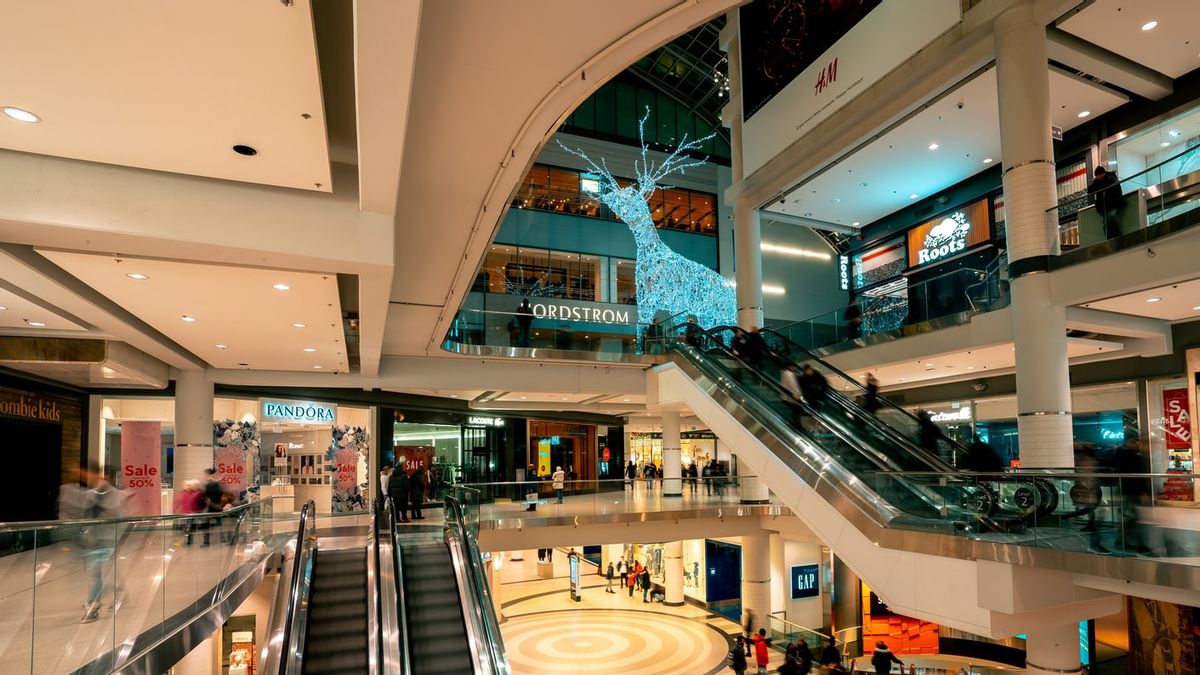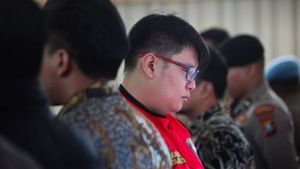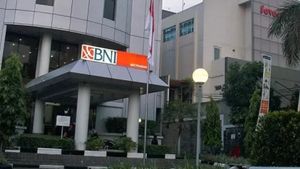JAKARTA - The corona virus or COVID-19 has now become a global pandemic. It is not only the tourism and manufacturing sectors that have been affected by the outbreak of this virus, but it has also touched the real sector of the Indonesian economy. Moreover, after an appeal from the central government not to leave the house or go to the crowd.
Chairman of the Indonesian Shopping Center Tenants Association (HIPPINDO) Budihardjo Iduansjah revealed that there had been a decline in the shopping center business as a result of COVID-19. In terms of rupiah, he could not reveal the amount yet, however, according to him, the decline in turnover was quite significant.
"I can't get information from rupiah, I don't have any data. But the traffic of friends selling clothes, bags and shoes has decreased by 50 percent. February is the most tasteful. It's been in March, how many weeks it has dropped so much. So it does drop for DKI Jakarta, "he told VOI, in Jakarta, Tuesday, March 17.
Budihardjo hopes that the government, in this case the provisional government (Pemprov), can also help entrepreneurs in the real sector. This is because the impact of COVID-19 is very large on the income of malls in Jakarta.
"This is what we ask the provincial government to be able to relieve it like when it was hit by the flood yesterday. So we ask for relief for tenants at the mall who still have to provide employee salaries, especially THR. We are subject to tax on advertisements, indoor billboards, land and building taxes ( PBB). Maybe the provincial government can issue a policy that can alleviate us, "he explained.
According to Budihardjo, stores in Jakarta malls are currently trying to retain their employees so that there will be no termination of employment (layoffs). However, if the government does not provide assistance, it is not impossible that many shops will close because they are unable to cover their operational expenses.
"Yes, we submit (a request), in principle the government can see our difficulties as a real sector with a lot of employees as soon as possible. Moving the economy every day we have to open a shop, if we don't survive it will disrupt the economy. If it continues until 50 percent it will be dangerous," he said. there could be a business closure, "he said.
Budihardjo explained that in order to survive in the midst of a decline in turnover of up to 50 percent, mall entrepreneurs in Jakarta must implement changes in operating hours.
"We reduce the opening hours. In the mall, it's better to open late and close early so that the cost is not too big. Previously, two shifts now become one long shift," he said.
Real Sector Incentives Needed
Economist at the Institute for Development of Economics and Finance (INDEF) Bhima Yudhistira said that currently the government must also think about incentives in the real sector economy.
"Retail is also important to be supported, not only in the manufacturing sector," he said.
According to Bhima, the government can provide incentives in the form of discounts or discounts on electricity rates for shopping centers by 40 percent. So, it can help lower company operating costs.
"Discount PPh 21 for retail employees. Previously, the government only provided a PPh 21 discount for the manufacturing sector for six months," he said.
In addition, continued Bhima, the government can provide incentives in the form of relief of interest expense and bank principal installments. "It's a kind of grace period, or there is a grace period after payment is due without calculating fines," said Bhima.
The English, Chinese, Japanese, Arabic, and French versions are automatically generated by the AI. So there may still be inaccuracies in translating, please always see Indonesian as our main language. (system supported by DigitalSiber.id)













